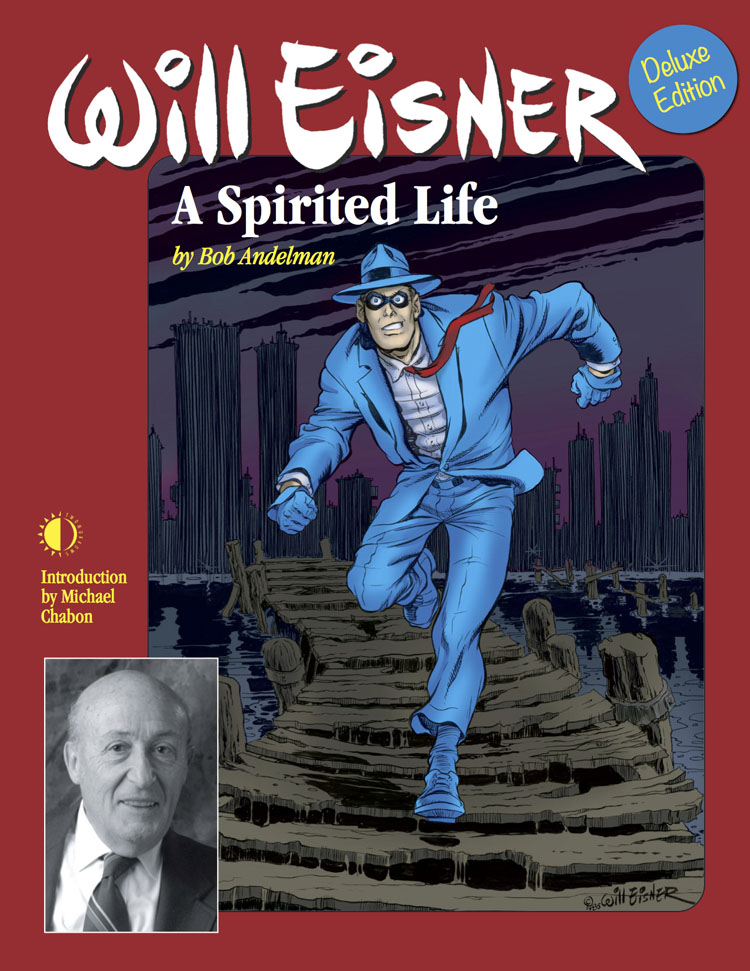Truth in the matter of memoir has always seemed evanescent and, more often lately, either elusive or absent. Memories of the self are often in service of other agendas, including the settling of scores and the creation of a hero where a mere man once stood.
Those questions, and the recent travails of the genre, seem at great remove to the reader of “Backing Into Forward,” by Jules Feiffer. Reading Feiffer, you know where the truth lies because it is there on every page — resonant, self-lacerating and frequently hilarious. How else to explain Feiffer’s frank admissions that he could not stand his mother, even dead; that he coveted the success of peers; that he reflexively courted fame and the famous; and that the mysterious Woody Allen was not really so mysterious to him?
Ostensibly the memoir of an acclaimed cartoonist, “Backing Into Forward” is a portrait of a certain kind of New York during a specific era: the cultural and political foment of the 1950s, ’60s and ’70s. In that sense, “Backing Into Forward” is a prequel to “Just Kids,” Patti Smith’s memoir, which concurrently serves as a prism on New York’s artistic class.
Click HERE to Keep Reading!


![Reblog this post [with Zemanta]](http://img.zemanta.com/reblog_b.png?x-id=cf884526-f897-4293-a45f-ae777eb27d89)
